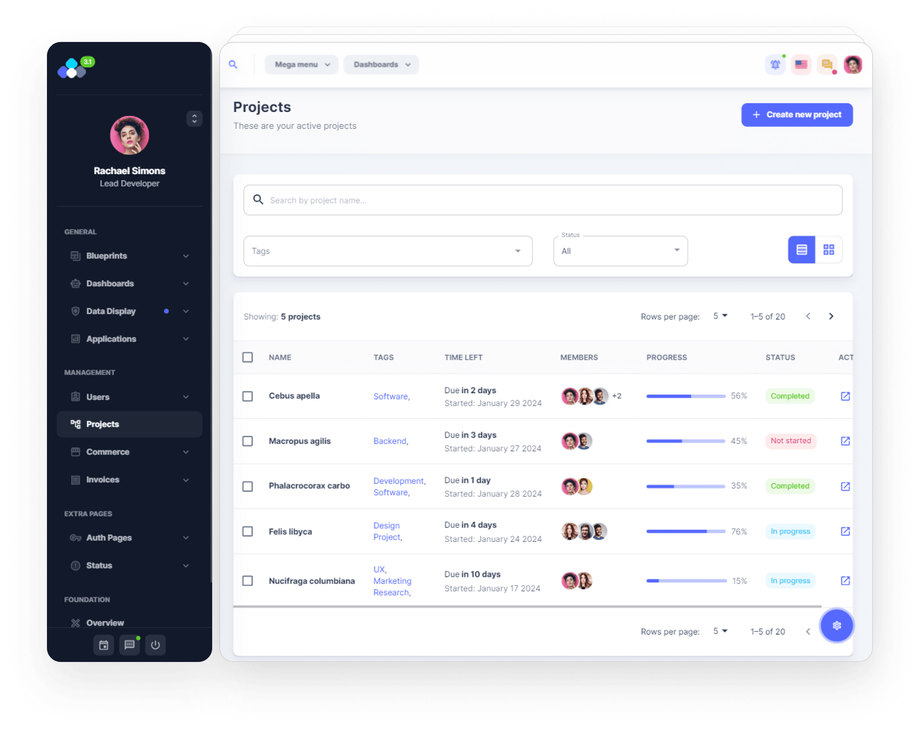In the fast-paced world of construction, managing billing and financial transactions efficiently can significantly impact a contractor's profitability and overall business success. Contractor billing software is designed to simplify and enhance this crucial aspect of construction management. By automating invoicing, tracking expenses, and ensuring timely payments, these software solutions help contractors stay organized and focused on their projects.
What is Contractor Billing Software?
Contractor billing software is a specialized tool tailored for construction professionals to manage and streamline their billing processes. Unlike generic accounting software, contractor billing software includes features specific to the construction industry, such as job costing, progress billing, and lien management. This software helps contractors handle everything from generating invoices and tracking payments to managing contracts and job costs.
Key Features of Contractor Billing Software
Job Costing: Allows contractors to track costs associated with specific projects, including labor, materials, and subcontractor expenses. This feature helps in budgeting and ensures that projects stay within financial limits.
Progress Billing: Facilitates billing based on project milestones or stages, which is common in construction contracts. This feature helps manage cash flow and ensures that payments are aligned with the project's progress.
Customizable Invoices: Enables the creation of professional and customizable invoices that can include detailed breakdowns of labor, materials, and other expenses. This customization helps in maintaining transparency with clients and reducing disputes.
Expense Tracking: Automates the tracking of expenses related to various projects, including direct and indirect costs. This helps in accurate financial reporting and cost management.
Contract Management: Assists in managing and storing contracts, change orders, and amendments. This feature ensures that all contractual obligations are met and helps in tracking any changes to project scope or pricing.
Lien Waivers: Helps in generating and managing lien waivers, which are important for protecting contractors' rights and ensuring that they are paid for completed work.
Integration with Accounting Systems: Many contractor billing software solutions integrate seamlessly with accounting systems, facilitating smooth financial management and reporting.
Benefits of Using Contractor Billing Software
Increased Efficiency: Automating billing processes reduces the time spent on manual tasks such as invoice creation and payment tracking, allowing contractors to focus on their core business activities.
Improved Accuracy: With automated calculations and standardized invoicing, the risk of errors in billing is minimized, leading to more accurate financial records and fewer disputes.
Enhanced Cash Flow Management: Progress billing and real-time expense tracking help in managing cash flow more effectively, ensuring that contractors have the funds needed to cover project costs and overheads.
Better Financial Visibility: Comprehensive reporting and analytics provide insights into project profitability, outstanding invoices, and overall financial health, aiding in strategic decision-making.
Client Transparency: Clear and detailed invoices enhance transparency with clients, reducing misunderstandings and disputes related to billing.
Choosing the Right Contractor Billing Software
Selecting the right contractor billing software involves considering several factors:
Features and Functionality: Ensure that the software meets your specific needs, such as job costing, progress billing, and contract management.
Ease of Use: The software should be user-friendly and require minimal training for effective implementation.
Integration Capabilities: Look for software that integrates with your existing accounting systems or other tools you use.
Customer Support: Reliable customer support is crucial for resolving issues and ensuring smooth operation.
Cost: Evaluate the pricing structure of the software, including any subscription fees or additional costs for extra features.
Conclusion
Contractor billing software is a vital tool for construction professionals seeking to streamline their financial management processes. By automating invoicing, tracking expenses, and managing contracts, this software not only enhances efficiency but also improves accuracy and financial visibility. Investing in the right contractor billing software can lead to better cash flow management, reduced billing disputes, and ultimately, a more successful and organized construction business.
For More Info:-
Contractor Project Management CRM





Comments